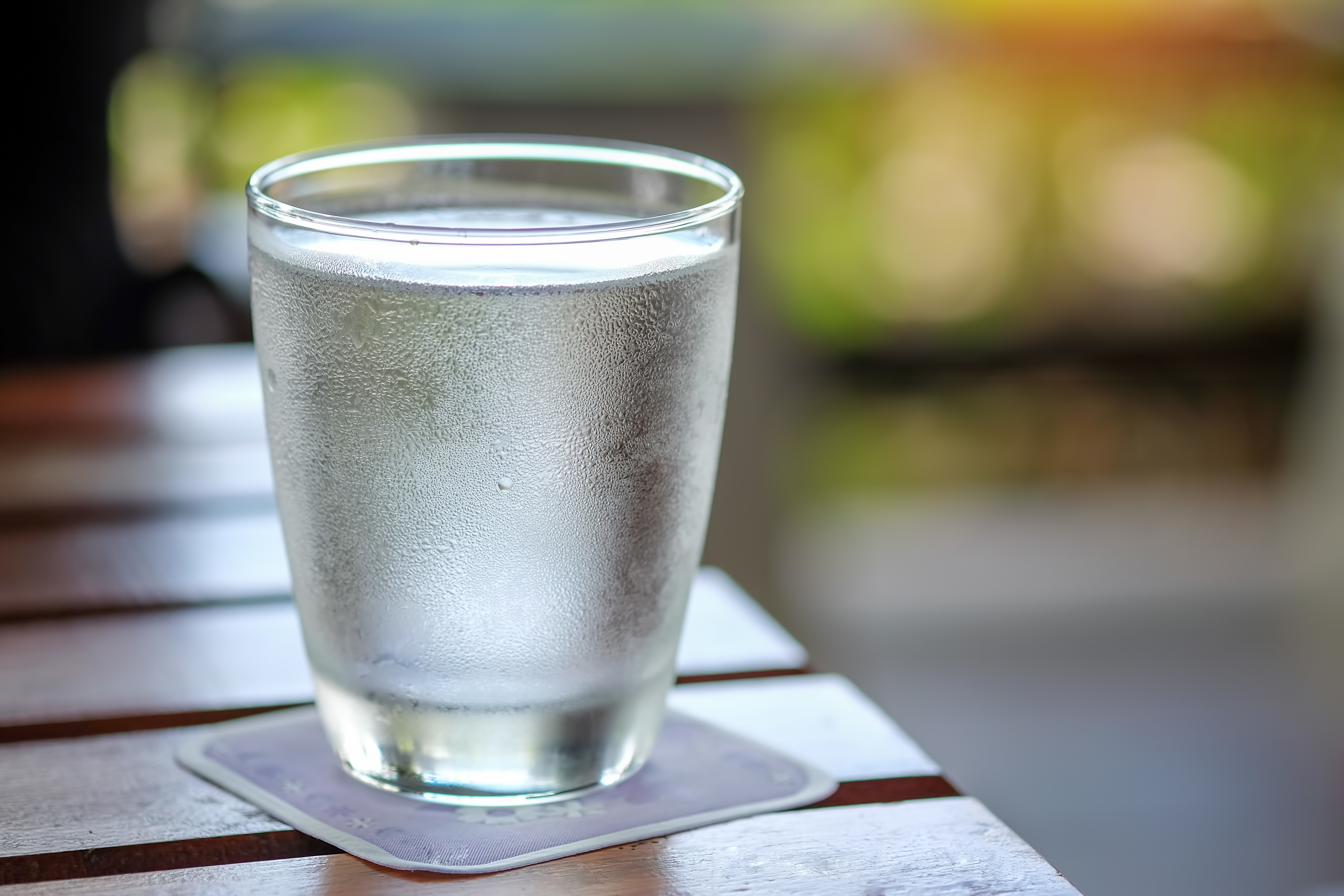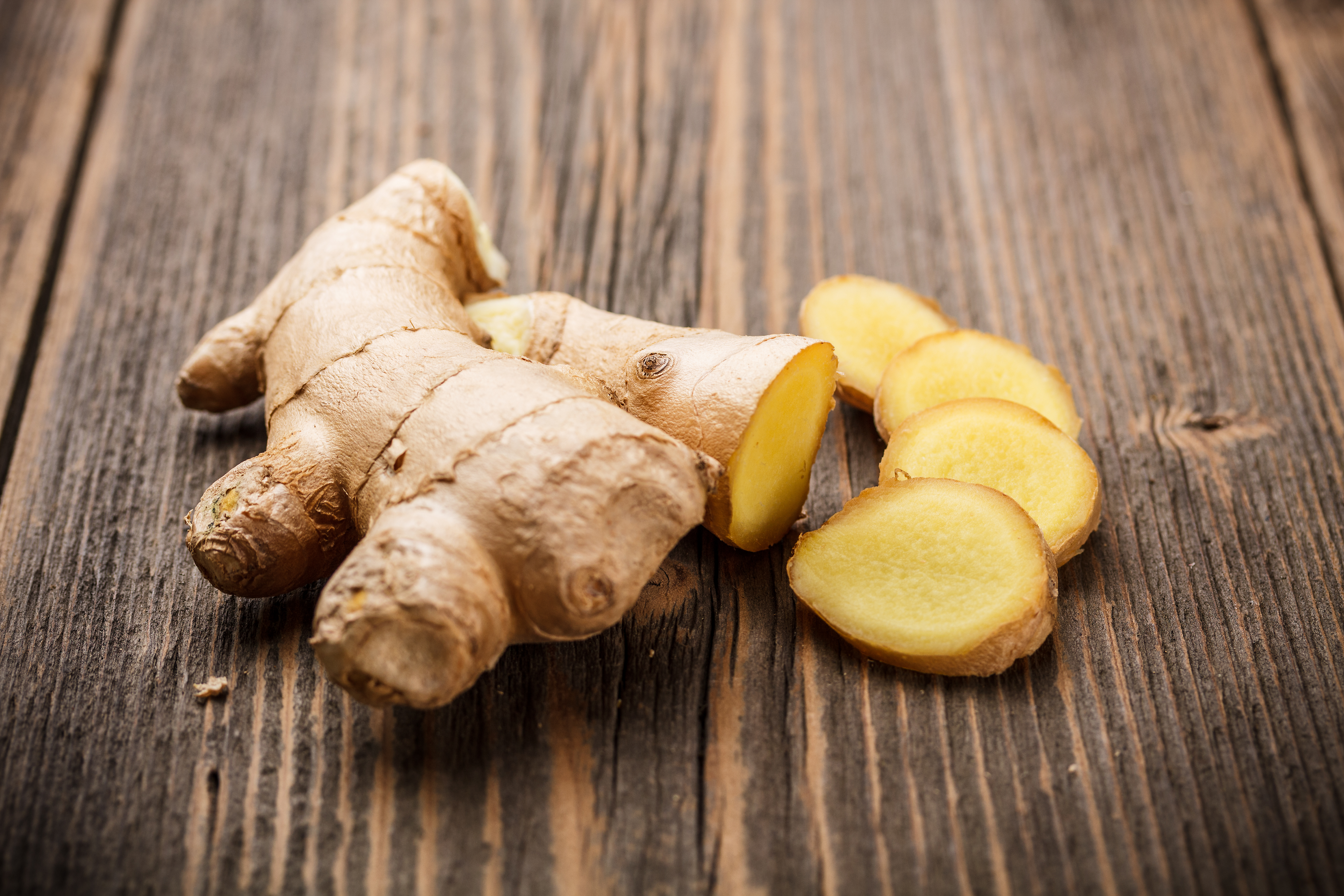10 Powerful Remedies to Soothe and Heal Stomach Flu Fast
Stomach flu, medically known as viral gastroenteritis, is a common yet highly uncomfortable condition that affects millions of people worldwide. Characterized by symptoms such as nausea, vomiting, diarrhea, and abdominal cramps, it can disrupt daily life and lead to dehydration if not managed properly. Unlike influenza, which is a respiratory illness caused by the influenza virus, stomach flu is often caused by viruses like norovirus or rotavirus. These viruses inflame the stomach and intestines, leading to the distressing symptoms associated with the condition. Understanding the nature of stomach flu is crucial for effectively managing and alleviating its symptoms. This article will delve into life-changing remedies that can soothe and heal your stomach flu troubles away, offering both immediate relief and long-term strategies to prevent recurrence.
1. Hydration is Key

One of the most critical aspects of managing stomach flu is maintaining proper hydration. The symptoms of stomach flu, particularly vomiting and diarrhea, can lead to significant fluid loss, increasing the risk of dehydration. Dehydration can exacerbate symptoms, prolong recovery, and in severe cases, require medical intervention. To combat this, it's essential to replenish lost fluids and electrolytes. Water is the most accessible option, but oral rehydration solutions (ORS) are specifically designed to restore electrolyte balance. These solutions contain a precise mix of salts and sugars that facilitate absorption in the intestines, ensuring that the body retains more fluid. Coconut water is another excellent alternative, as it naturally contains electrolytes like potassium and sodium. Sipping small amounts of fluid regularly, rather than consuming large quantities at once, can help prevent further nausea and vomiting.
2. The Power of Ginger

Ginger has been used for centuries as a natural remedy for various gastrointestinal issues, including nausea and vomiting, making it an ideal ally in the fight against stomach flu. Its active compounds, such as gingerol and shogaol, have anti-inflammatory and antiemetic properties, which can help soothe the digestive tract and reduce the urge to vomit. Ginger can be consumed in several forms, including fresh ginger tea, ginger ale (preferably natural and low in sugar), and ginger capsules. Fresh ginger tea can be made by steeping sliced ginger root in hot water for several minutes, adding honey or lemon for additional soothing effects. For those who prefer a more convenient option, ginger capsules provide a concentrated dose of gingerol. Regular consumption of ginger during a bout of stomach flu can significantly alleviate nausea and promote a quicker recovery.
